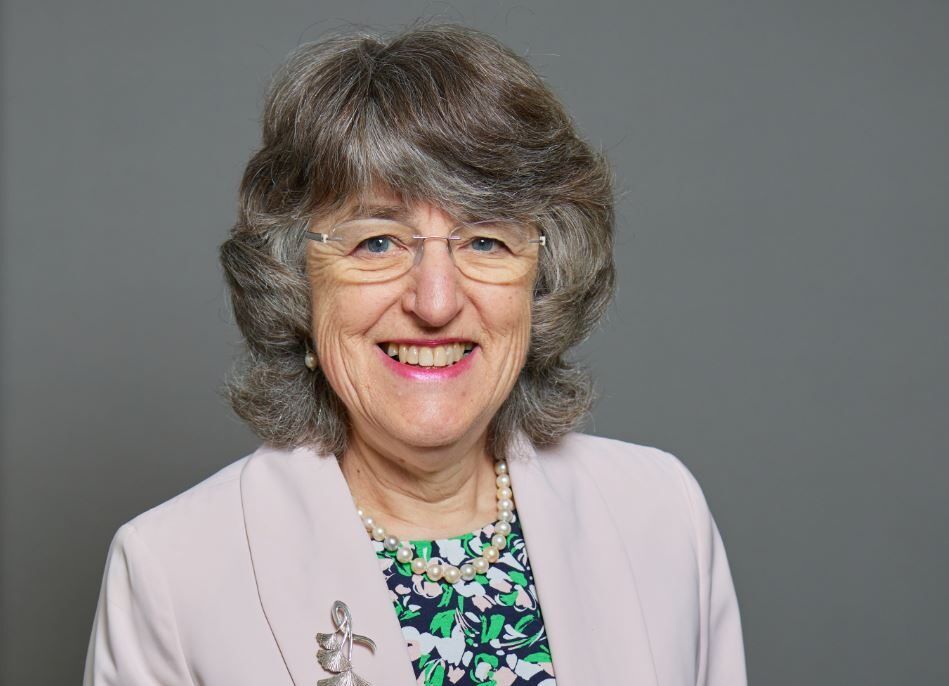Assisted Suicide
Peers table record number of amendments to assisted suicide bill

Unprecedented number of amendments reflects deep concern
The Terminally Ill Adults (End of Life) Bill has attracted over 940 amendments ahead of its committee stage in the House of Lords — a record number for a private member’s bill.
Introduced by Labour MP Kim Leadbeater, the bill proposes legalising assisted suicide for mentally competent adults with less than six months to live. Though it passed unopposed at second reading in September, it now faces detailed scrutiny.
Opponents of the bill — including experienced medical professionals and legal experts — argue the volume of amendments reflects a vital need for rigorous examination.
Baroness Finlay, a palliative care consultant, and Baroness Grey-Thompson, a disability rights advocate, have together tabled nearly 300 amendments.
They and others believe the bill contains serious flaws and lacks robust safeguards to protect the vulnerable. The decision to “degroup” amendments for individual debate is seen as a legitimate effort to ensure nothing is rushed or overlooked.
Lords defend role in upholding ethical standards
Peers have stressed that the House of Lords has a constitutional and moral duty to scrutinise legislation thoroughly, especially one with such far-reaching implications.
Baroness Berger pointed to strong opposition from expert bodies, including the Equality and Human Rights Commission, which raised concerns about the bill’s safety and its impact on disabled people.
“This bill is full of holes which vulnerable people will fall through if peers don’t act,” she warned.
Proponents of the bill have accused peers of attempting to delay or block it, but others argue this misrepresents the Lords’ essential function.
They are not elected to mirror public opinion but to apply wisdom, experience and ethical oversight.
As one Peer said, “The Lords are literally doing the job we are supposed to do.”
Calls for mutual respect have come from all sides, with Lord Falconer, who is guiding the bill, urging that debate be conducted with dignity and seriousness.
Serious questions remain as time runs short
With the parliamentary session ending in spring, time is limited for the bill to pass all stages. If final agreement is not reached between both Houses, the legislation will fall.
If enacted, the bill would give the government four years to establish a legal framework, with the earliest assisted suicides expected in 2029 or 2030.
However, many in the Lords believe the stakes are too high to rush. They argue that once such a law is passed, the consequences will be irreversible — not just for individuals, but for how society values life, suffering and care.
Share
